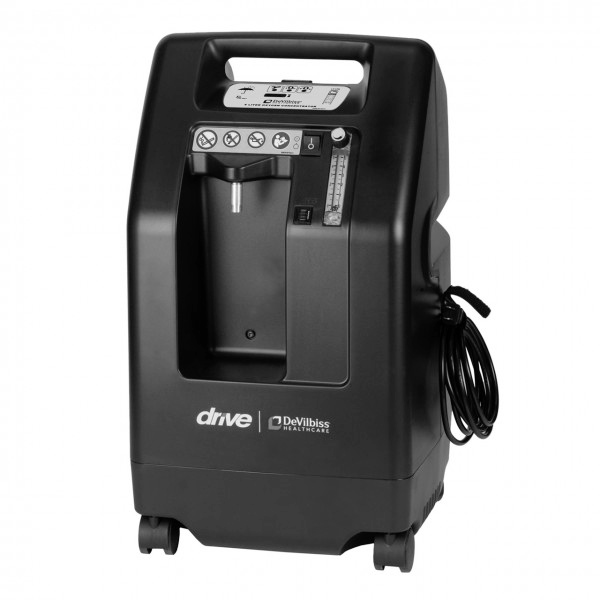Stationary Oxygen Systems
Oxygen is essential for life. In healthy people, the blood oxygen level is usually above 85 units (mmHg). In people with lung problems, this may fall to quite low levels, even though you can continue to function normally.
Oxygen is needed by the body for all living processes. Oxygen may be recommended for people with lung disease to:
- Prevent strain on the heart
- Prolong life expectancy
- Reduce hospital admissions
- Improve quality of life
- Help increase activity levels
- Help them sleep better
Most people with lung disease have breathlessness, particularly on exertion. There are many causes of breathlessness in people with Chronic Obstructive Pulmonary Disease (COPD). In a minority of cases, breathlessness is due to a low blood oxygen level. It is important to realise that the reason for giving long term supplementary oxygen in COPD is to prolong life by preventing the long term effects of chronically low oxygen levels on the brain and heart. It is not prescribed to relieve breathlessness.
During an acute illness, such as an infection, the oxygen level can fall below 55-60 units. Added oxygen may help you to recover. The oxygen may only be necessary for a few hours to a few days, but, in some cases, may be needed for a few months after acute illness.
For some people with chronic lung disease the capacity of the lungs to transfer oxygen into the bloodstream is affected at all times, leading to chronically low oxygen levels (less than 55 units), even when they are well. For these people, continuous supplementary oxygen is recommended. Oxygen needs to be used during sleeping and during activities such as eating, walking and showering.
Many people resist using their oxygen because they fear it will reduce their independence, or they will become addicted. In fact, oxygen therapy will improve energy levels and thus enjoyment of life will be improved.
The goal of oxygen therapy is to increase clients blood oxygen level. The benefits of this are improvement in immune system function ie. reduction in respiratory infection, this results in less trips to hospital which in turn provides better quality of life for the client. There are studies that have measured pre and post intervention to indicate that hospital admissions are greatly reduced by this therapy.
A further benefit is the reduction of stress upon the respiratory and cardio vascular system, this in turn reduces clients distress and improves quality of life.
Rebates and Government Assistance
Individuals in their own homes can claim a rebate to offset the electricity costs of running the machine. Further Information on NSW and Vic rebates can be found here, or via contacting Albury Vital Air

